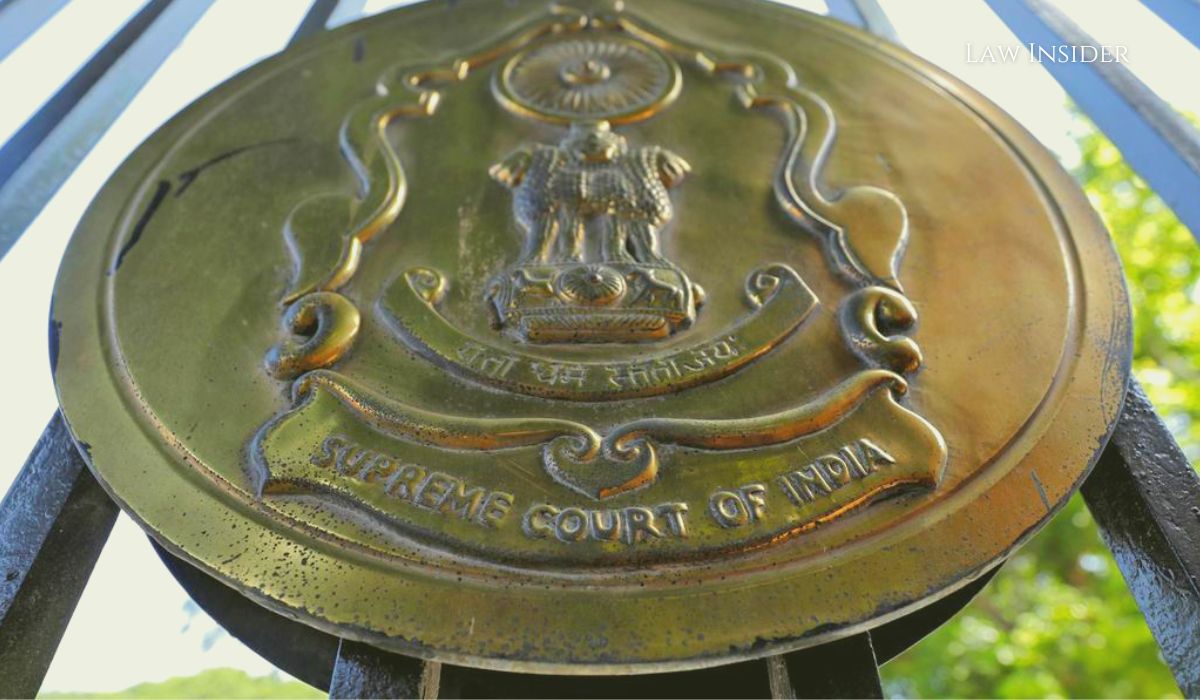Tanisha Rana
Published on: October 23, 2022 at 20:29 IST
The Supreme Court strengthened the nation’s anti-narcotics laws on Thursday by eliminating a legal loophole that could have spared an accused person from punishment under the 1985 Narcotics Drugs and Psychotropic Substances (NDPS) Act simply because a specific plant variety was not used in the offence.
It is not necessary to demonstrate that the confiscated material is a component of the papaver somniferum L plant, according to a bench chaired by Justice BR Gavai, who also ruled that a positive test for the presence of morphine and meconic acid is sufficient for a conviction in relation to poppy straw and opium.
The bench, which also included Justice CT Ravikumar said, “Once it is established that the seized poppy straw tests positive for the contents of morphine and meconic acid, no other test would be necessary for bringing home the guilt of the accused under Section 15 of the 1985 Act.”
Poppy straw production, possession, trafficking, or trade are all prohibited under Section 15, which carries a maximum sentence of 20 years in prison.
Because the NDPS Act only refers to this kind of plant as opium poppy, the apex court was asked a legal question regarding whether or not the prosecution for offences involving poppy straw and opium must depend on whether the plant of the species papaver somniferum L has been used in the offence.
In a 2007 ruling, the Himachal Pradesh High Court acquitted an accused on the grounds that the prosecution had failed to prove that the materials taken from them were made from the papaver somniferum L plant.
It went on to say that any other plant cannot result in a conviction under the NDPS Act because the central government had only designated this species as the opium poppy. Several other high courts shared this viewpoint.
The Supreme Court bench overturned the Himachal Pradesh High Court’s decision and established a precedent for all high courts, holding that the high court’s interpretation went against the objective of the law and the effort to combat the drug epidemic.
“If the construction as adopted in the impugned judgment is to be accepted, then even if the chemical examiner’s report establishes that the contraband article contains morphine and meconic acid..”
“..a person cannot be convicted unless it is further established that the contraband material has a genesis in papaver somniferum L…This would frustrate the object of the Act and defeat its very purpose,” held the bench.
The bench stated that it is preferable for the court to adopt a legal interpretation that furthers the goals of the statute rather than letting an accused escape punishment while being caught in possession of illicit items.
“Taking into consideration that the country had, for the last many years, been increasingly faced with the problem of trafficking of drugs, which had posed serious problems to governments at the State and Centre, it was found necessary to enact a comprehensive law.”
“It is, thus, clear that the dominant purpose of the new enactment was to curb the menace of trafficking of drugs and psychotropic substances. Therefore, the interpretation which advances the purpose of the Act has to be preferred rather than adopting a pedantic and a mechanical approach,” it underlined.
A further criterion to prove that the illegal species only belong to the species of papaver somniferum L would be against the legislative aim, the bench said after tests showed that the sample of poppy straw contained morphine and meconic acid.
It also called attention to the fact that the 1985 Act gives the Centre the authority to include any additional plant species from which opium could be extracted by way of a notification in the official gazette, indicating that the legislative intent is to include all such species within the scope of the anti-narcotics law.

